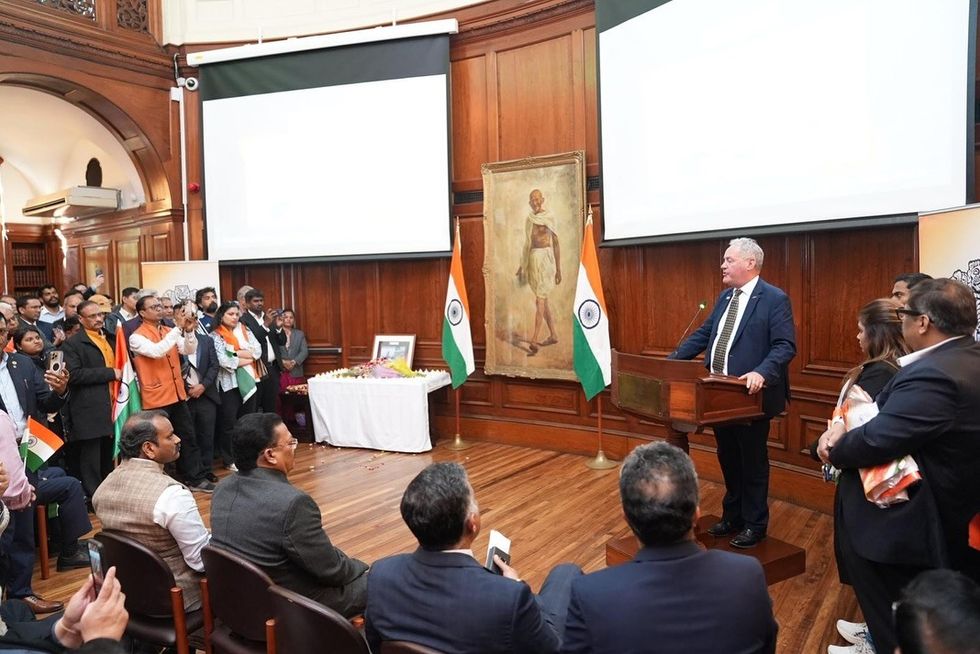INDIA's Supreme Court on Tuesday(12) ordered an indefinite stay on the implementation of new agricultural laws that have triggered widespread protest from farmers, saying it wanted to protect farmers and would hear their objections.
The court has also decided to set up a four-member committee to resolve the impasse over the laws between the Centre and farmers' unions protesting at Delhi borders.
The members include Bhupinder Singh Mann, president of Bhartiya Kisan Union, Anil Ghanwat, president of Shetkeri Sangthana, Maharashtra, Pramod Kumar Joshi, director for South Asia, International Food Policy Research Institute and agriculture economist Ashok Gulati.
For more than a month, tens of thousands of farmers have camped on the outskirts of New Delhi, the capital, to protest against reform measures that they say benefit large private buyers and harm growers.
Chief Justice Sharad Bobde told a hearing the Supreme Court would set up a panel to hear the farmers' grievances.
"We have the power to make a committee and the committee can give us the report," he said, ordering the stay for an undisclosed period on the laws passed in September. "We will protect farmers."
The court stayed the implementation of three laws-the Farmers' (Empowerment and Protection) Agreement on Price Assurance and Farm Services Act, the Farmers' Produce Trade and Commerce (Promotion and Facilitation) Act, and the Essential Commodities (Amendment) Act.
Farm leaders said their demand for a full repeal of the laws remained unchanged.
"We are grateful to the Supreme Court for its positive response," said Rakesh Tikait, president of one of the largest farmers unions, Bharti Kisan Union.
"The protests will continue until demands are met."
The Sankyukt Kisan Morcha, an umbrella body of around 40 protesting farmer unions, has called a meeting later on Tuesday to decide the next course of action.
India says the laws aim to modernise an antiquated farming system, bedevilled by wastage and bottlenecks in the supply chain.
But farm leaders say the reforms are an attempt to erode a longstanding mechanism that ensures farmers a minimum support price for their crops.
The eighth round of talks between the Centre and the farmer unions on January 7 headed nowhere as the Centre ruled out repealing the contentious laws
The government has said there was no question of dropping the reforms and eight rounds of talks have failed to find common ground. The two sides are set to meet again on Friday(15).




















 Bob Blackman MP speaks during the event
Bob Blackman MP speaks during the event